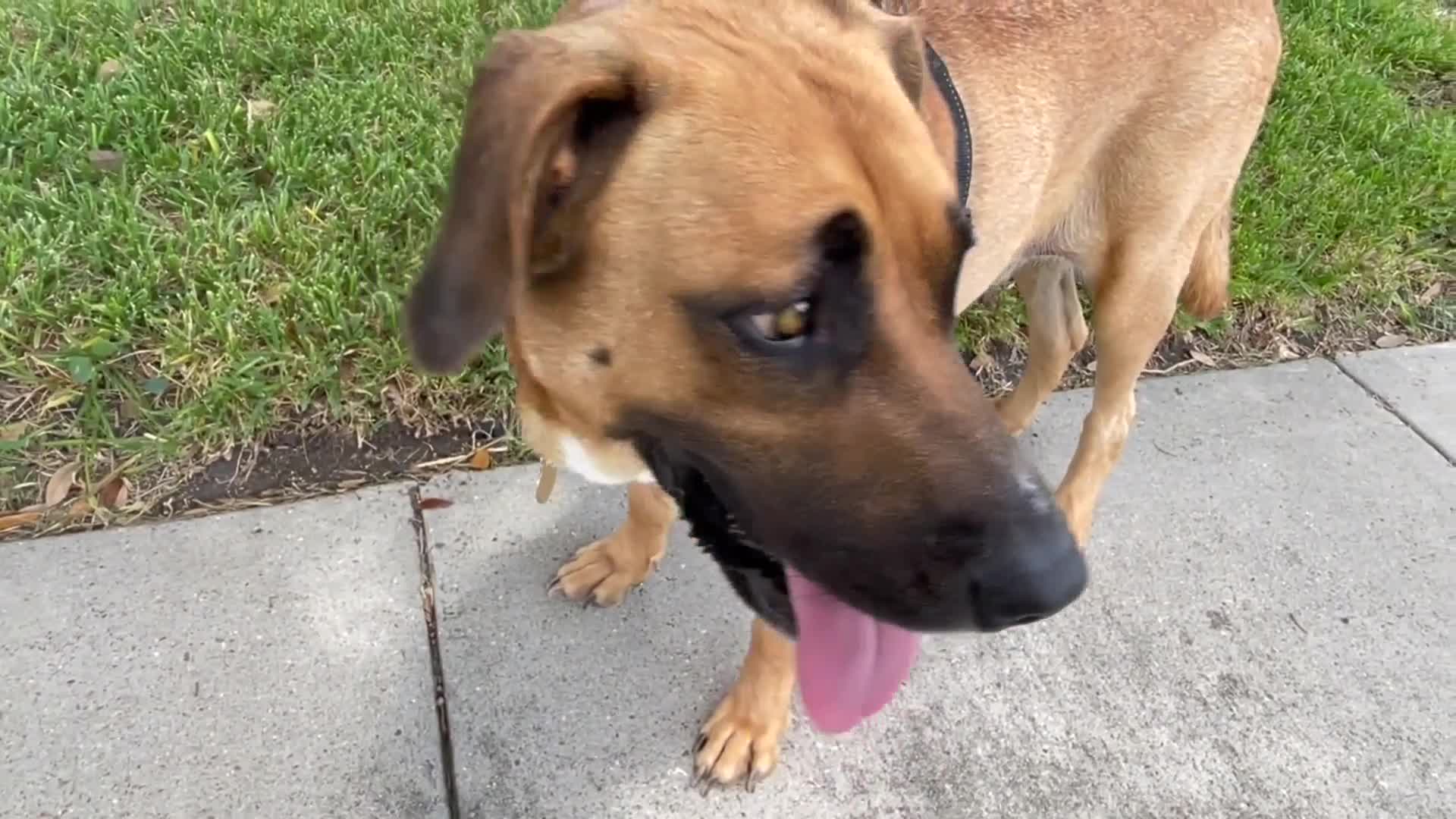CORPUS CHRISTI, Texas — Texas lawmakers have approved a $13 million pilot program to expand access to spay and neuter services, with the goal of reducing the number of unvaccinated and stray animals across the state.
The program targets areas with high stray populations and limited access to low-cost veterinary services. By curbing the number of animals at risk for disease transmission, lawmakers hope to reduce the spread of zoonotic diseases, those that can be passed from animals to humans.
One such disease is brucellosis, a bacterial infection primarily spread through bodily fluids from infected animals. The disease has no cure and poses a higher risk in breeding dogs, according to the Corpus Christi-Nueces County Public Health District. Although rare in humans, it can be contracted by handling infected animals or consuming unpasteurized dairy or undercooked meat from infected livestock.
In the past couple of years, only one human case of brucellosis was reported in Nueces County, according to the Corpus Christi-Nueces County Public Health District. But local officials stress that prevention, especially through spaying and neutering, is critical to stop potential outbreaks.
“While brucellosis is uncommon, its impact can be severe and long-lasting,” Dr. Dante Gonzalez, Interim Director of Public Health, said. “We work closely with healthcare providers and veterinarians to track and contain any cases.”
That’s why the pilot program has drawn support from animal advocates like Melissa Mucete, who leads Neighbors Helping Street Pups of Corpus Christi.
Earlier this year, she rescued a pregnant stray named Millie, only to learn the dog might be infected with brucellosis.
“Because she had a puppy stuck inside of her, the doctor thought she had this disease called brucellosis, which we had never heard of,” Mucete said.
The diagnosis put Millie, and her 12 newborn puppies, at risk of euthanasia. Mucete quarantined them and waited weeks for lab results to confirm whether they were infected.
“We actually put a sign that said ‘dog in quarantine,’” Mucete added. “We didn’t want to spread it.”
The Public Health District says it investigates all reported human cases and works to determine the source of infection.
Though Millie and her puppies were ultimately cleared, Mucete said the experience showed her how little the public knows about zoonotic threats, and how important prevention really is.
“Now that this disease is communicable to humans, please take this seriously and spay and neuter your dog,” she said. “You won’t be spreading the suffering.”
The pilot program is now awaiting final approval from Gov. Greg Abbott. If signed into law, the initiative could launch before the end of the year.
For the latest local news updates, click here, or download the KRIS 6 News App.
Catch all the KRIS 6 News stories and more on our YouTube page. Subscribe today!




